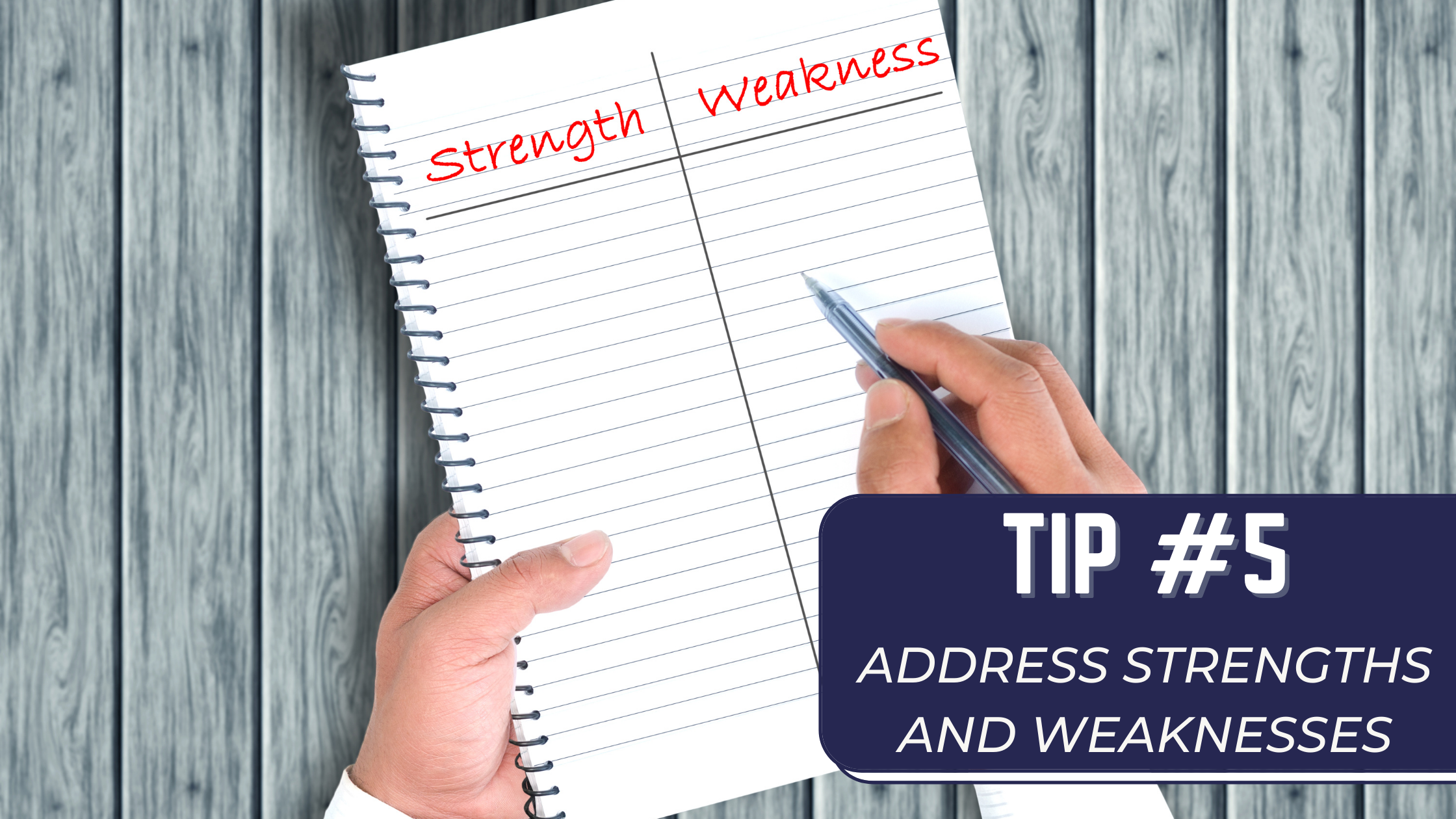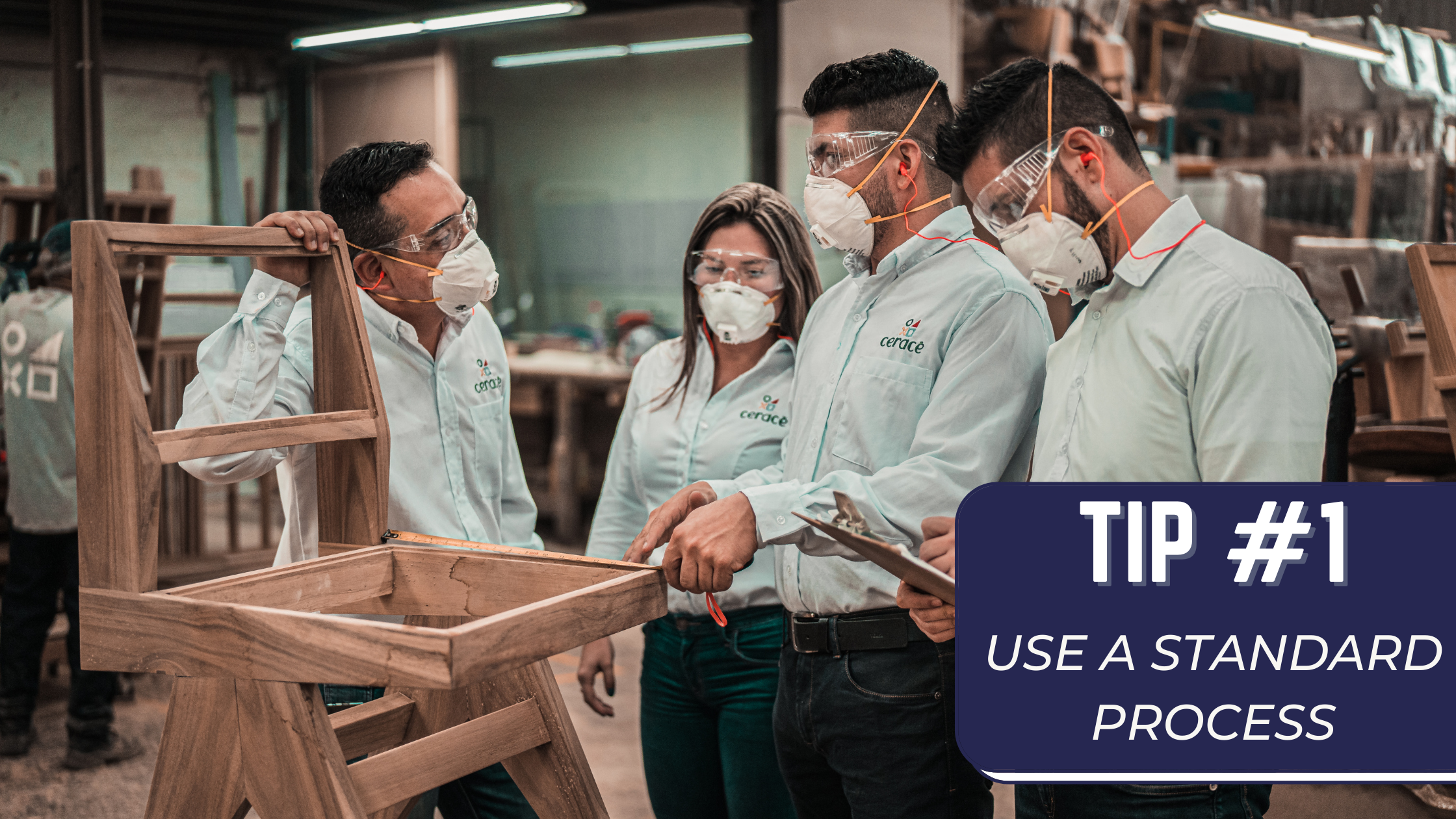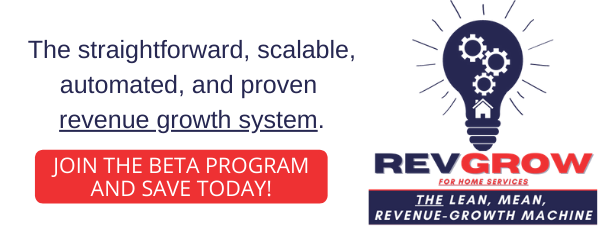
When was the last time you had a “performance review” and liked it? Exactly.
Employees dislike performance reviews because, too often, they’re just a way to point out problems. Employees and managers say they don’t see tangible benefits to formal employee performance reviews, especially for home services companies, such as impact windows, HVAC, mold, and flooding remediation businesses.
If the good of performance management is to improve employee engagement and performance, it’s not always happening. Just 14% of employees strongly agree that performance reviews inspire them to improve.
Learn More About Home Services Marketing ✍️
- 3 Tips for Home Improvement Services Who Want to Stay Relevant in 2021
- 11 Mistakes You're Making Trying to Grow Your Home Services Marketing
 Perhaps that’s why annual reviews have fallen out of favor. In 2016, 82% of companies did annual reviews. Now, just more than half (54%) of businesses say they conduct this process even once per year!
Perhaps that’s why annual reviews have fallen out of favor. In 2016, 82% of companies did annual reviews. Now, just more than half (54%) of businesses say they conduct this process even once per year!
It’s not that employee performance reviews are bad. It’s that the way they’re typically conducted hasn’t been valuable to the employee or employer. If you want to do a better job of performance management at your home service company, here’s what you should do instead.
First, let’s talk about the value of regular performance evaluations.
Why Conduct Regular Performance Evaluations?
One of the reasons employee performance reviews have gotten such a bad reputation is how they’ve traditionally been handled. Done right, however, there are significant benefits, including:
- Improved performance
- Increased employment engagement
- Identify rising stars with an organization.
- Identify a poor performer that needs additional training.
- Strengthen relationships
If you want to achieve these benefits and get better performance from your employees, use these six tips to improve your evaluation process.
Tip #1: Use a Standard Process for Everyone
One of the top complaints that employees have about performance evaluation is how managers play favorites. One of the best ways to deal with this complaint is to use a standard process for everyone.
You may want to consider using an employee performance review template and customizing it to align with your goals and values.
You want a level playing field for each of your employees, but you also want the ability to provide individualized feedback tailored to each individual. Employees should know exactly where they stand and what they need to do to improve.
Tip #2: More Frequent, Less Formal Reviews
Conduct regular, more frequent check-ins. Consistent feedback provides more relevant and timely feedback and is more likely to lead to performance improvements.
It’s always easier to make mid-course corrections than wait until a job is done and then have to go back and do rework. Mid-course corrections work for employee management, too.
Managers that do weekly check-ins with their employees see a higher level of engagement from 85% of their employees.
Tip #3: Take Evaluations Out of the Office
Evolution for home service companies should occur in real-time in the field whenever possible. Managers can better observe and provide more timely, effective feedback with in-field coaching.
In-field coaching takes performance management from theory and applies it to real situations that employees encounter. When you’re on location at a job site, you can have better conversations about practices and tie interactions directly to performance.
Meeting employees on-site also shows you’re investing in them and understand what they’re dealing with in the field. This step is essential if you have to manage teams remotely.

Tip #4: Sync Performance with Goals
Discussions about performance must tie back to company goals and explain the “why” behind the “how.” When employees understand the reason behind what you’re asking them to do, they are more likely to do it and remember it.
Here’s an example. Let’s say you’re having trouble getting your service crews to clean up after finishing their work to your level of satisfaction. You might take the time to explain that your business depends on satisfied customers and repeat business and then share that failure to clean up the work site after the job is complete is one of your biggest customer complaints. Doing is more likely to remind them that they’re cleaning up to make the customer happy and not just the boss.
In each case, managers and employees need a clear understanding of what constitutes good or poor performance. “Cleaning up after you’re done” may have a different meaning to you than the employee. That’s another reason why taking performance evaluations on-site can help you clarify the standards you want your employees to meet.
Effective performance evaluations should help both employees and managers:
- Define success
- Measure the impact
- Set goals
- Determine the following steps (if needed)

Tip #5: Always Include Weaknesses AND Strengths
Part of successfully managing your team requires you to be honest with them. When there’s a problem an employee needs to correct, you need to let them know where they fell short and what they need to do to resolve it.
How you handle these corrective conversations is essential, however. One recent study showed that nearly 30% of employees were so upset by a negative review that they actively started looking for a new job.
While you may need to share some negative aspects of their performance, you also want to highlight their strengths. You can’t do anything about past performance, but you can impact employee behavior in the future. Your goal should be to help employees improve and not just punish them for poor performance in the past.
When you create a collaborative atmosphere where you are working with employees to help them grow and improve, everyone can win. It can also lead to happier employees. More than half (53%) of employees say they like their job more when they get better training. Another 89% think it’s important that employers support their learning and development.

Tip #6: Have a Plan for Poor Performers
When you uncover a weakness or identify poor performers, you must have a plan to address deficiencies before conducting employee reviews.
Offering criticism without solutions is a sure way to hurt morale. You should have a robust training plan that allows employees to re-learn skills and show growth in weak areas before your following review. Otherwise, you’re just setting them up to fail - again.
Looking to Boost Your Company's Growth Even Further?
At Rizen, we consider ourselves your revenue growth partner to help with anything that impacts your home services company’s marketing or operations.
Our exclusive Rev Grow program is a proven, end-to-end system to scale home services companies by providing you with the educational and implementation-ready resources you need — including our employee training platform.
With Rizen, you also get guidance and support from actual marketing and sales experts in the home services industry to help grow your business. Contact Rizen today for more information.











.jpg?length=600&name=045%20-%20YouTube%20Cover%20Art%20(Video).jpg)
No Comments Yet
Let us know what you think